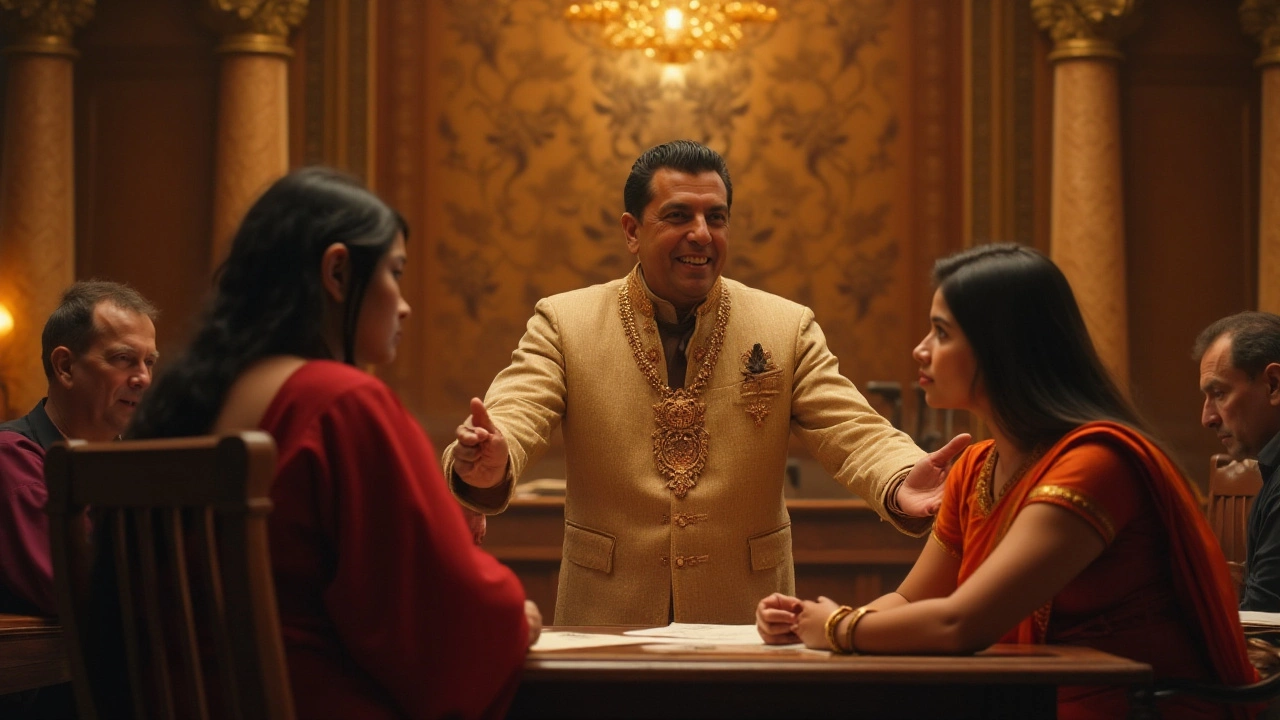Husband: Rights, Duties and Common Legal Questions in India
Got a question about what being a husband means legally? You’re not alone. Whether you’re planning to tie the knot, going through a split, or just want to know your rights, the Indian legal system has clear rules. Below we’ll break down the most common topics – marriage registration, maintenance, property, and protection – in plain language.
Marriage and Registration Basics
First things first: a marriage is valid once you follow the personal law that applies to you (like the Hindu Marriage Act, Special Marriage Act, etc.) and get a marriage certificate. The certificate isn’t just a piece of paper; it’s proof for courts, banks and government offices. If you skip registration, you might face hurdles proving your marriage, especially in property or inheritance disputes.
Maintenance and Financial Support
If a wife files for maintenance, the court looks at both spouses’ income, lifestyle and any children involved. A husband can be ordered to pay a monthly amount until the marriage ends or the wife becomes financially independent. The law also allows a husband to claim maintenance if he can prove he has no means to support himself after separation.
Remember, maintenance isn’t a punishment – it’s about keeping a reasonable standard of living for the dependent partner. Keep records of your earnings and expenses; they’ll help the court decide a fair figure.
Property Rights for Husbands
Under most personal laws, a husband automatically gets a share in the family’s ancestral property. For self‑acquired assets, it depends on how the property was titled. If the title is in the husband’s name only, the wife may still claim a one‑half share if the property was bought during the marriage, especially under the Hindu Succession (Amendment) Act.
To avoid disputes, many couples draft a post‑marriage agreement or keep clear records of who paid for what. Simple steps like adding both names to a bank account can save a lot of trouble later.
Protection Against Domestic Violence
The Protection of Women from Domestic Violence Act, 2005, covers husbands as well. If a wife feels threatened or abused, she can approach the court for a protection order. The order can restrict the husband from entering the home, using a phone, or even approaching the wife’s workplace.
A husband who receives a protection order should treat it seriously. Ignoring it can lead to contempt of court, which may result in fines or jail time.
Divorce: What Changes for a Husband?
Divorce can be mutual consent or contested. For a husband, the main concerns are alimony, child custody and division of assets. Courts generally favor the mother for custody of young kids, but a father can get custody if he proves a better environment.
Alimony for a husband works both ways. If the wife earns more and the husband has no steady income, the court may order the wife to pay alimony. The amount is decided case‑by‑case, based on earning potential and living standards.
Divorce also triggers a re‑assessment of property shares. A husband should be ready to provide documentation of his contributions, both financial and non‑financial, to the marriage.
Quick Tips for Husbands
- Get your marriage registered – it’s the legal proof you’ll need later.
- Maintain transparent financial records – they’re essential for maintenance or alimony claims.
- Discuss property ownership early; consider joint titles or a simple agreement.
- Take any protection order seriously; it’s a court order, not a suggestion.
- If divorce looks likely, consult a family lawyer early to understand your rights.
Being a husband comes with legal responsibilities, but knowing the rules makes it easier to protect yourself and your family. Keep these points handy, and you’ll feel more confident navigating any legal bump that comes your way.
Can My Husband Legally Evict Me from Our Virginia Home?
Understanding the legal rights in marital property disputes can be crucial. In Virginia, the laws surrounding home ownership and eviction in marriage can be intricate, particularly when it involves a spouse attempting to evict the other from a property solely in their name. This article explores these legal nuances, answering whether it's possible for a husband to evict his wife and what protections exist for those in such situations. By shedding light on legal protections and offering practical advice, individuals can better navigate these challenging circumstances.
